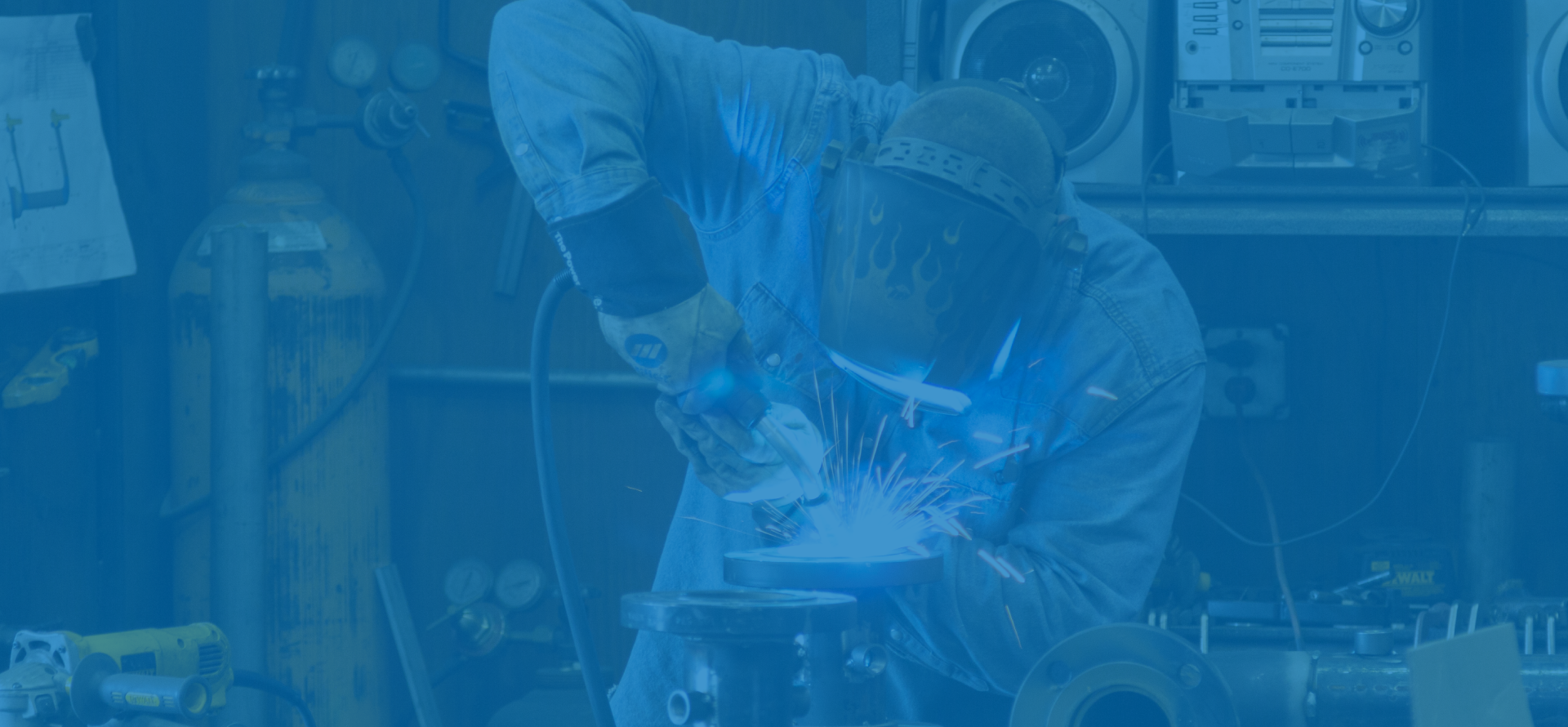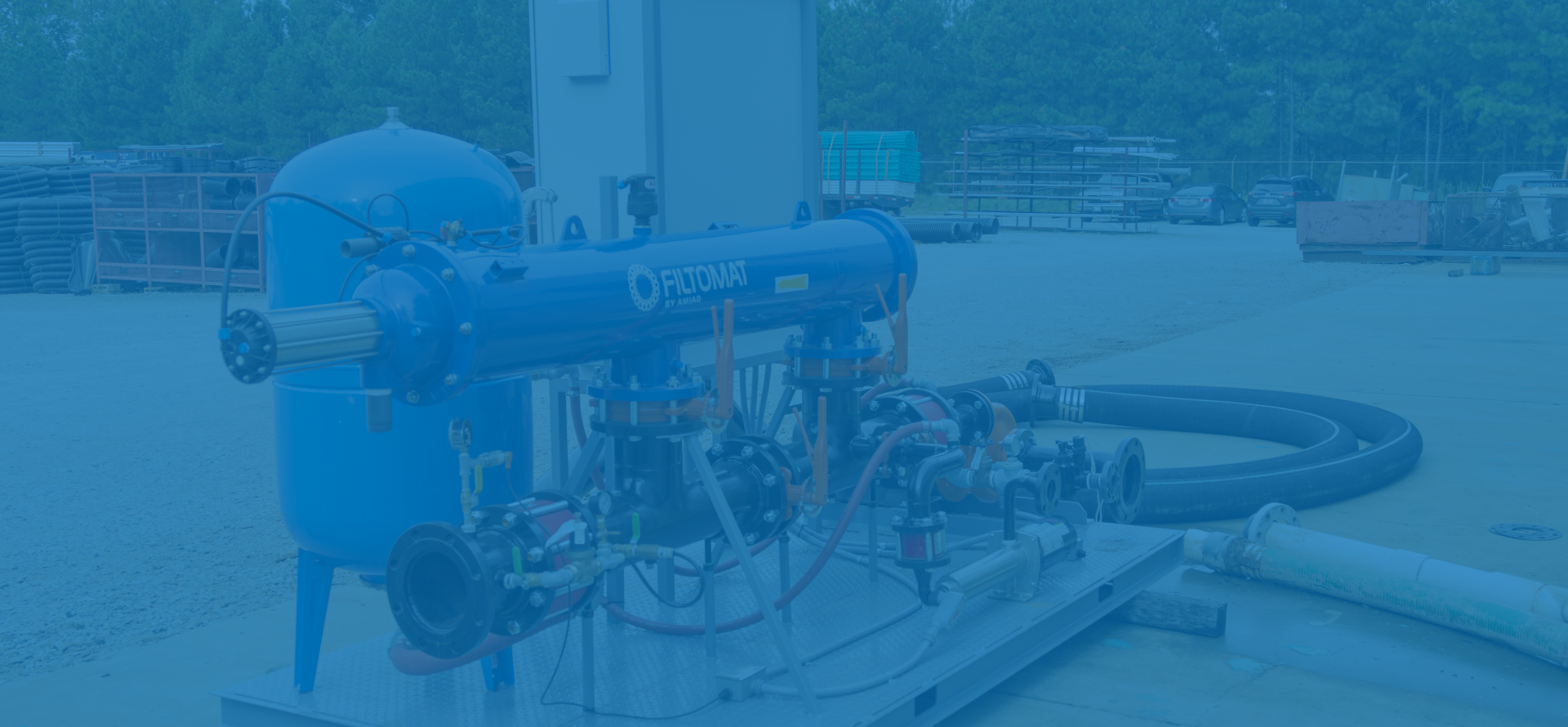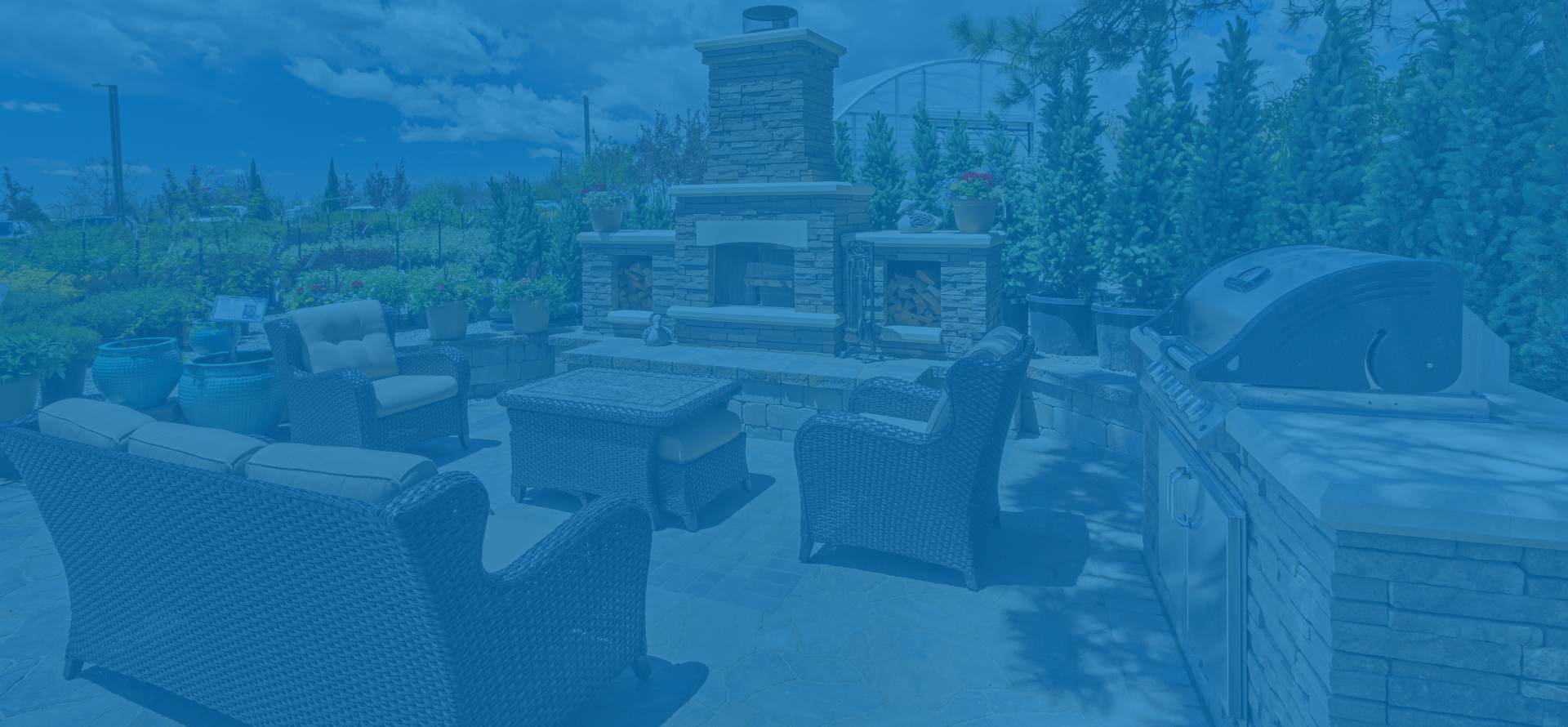Grill Selection,
Making the Right Choice
Construction
When purchasing a new grill, we consumers, first search for the grills that seem to be affordable or the grill that looks most appealing. The internet is a great place to begin researching grills but with such huge selections to choose, the task can be overwhelming. When thinking about purchasing a new gas grill, an appliance that will stand up to the rigors of cooking, the elements, and provide years of trouble free service, we are concerned about getting the most for each dollar spent, especially in these economic times. Below are some pointers to use when making a decision on which gas grill to purchase.
First, let us consider what we are purchasing. What type of cooking are we going to perform? Will it be a stand-alone unit or part of an outdoor kitchen? Think of the grill as another kitchen appliance, although it will stay outside. Even more reason the grill should be safer and more durable than the appliances used inside the home. Correct?
Let us start with the construction of the most important part of a gas grill, the burners.
Two types of gases, propane and natural gas fuel gas grills. These gasses burn at relatively high temperatures and an inexpensively made burner will break down rapidly causing a multitude of problems, including being that of a fire hazard. The following, taken from a recent news release-
“Barbecue grill fires and domestic propane tank explosions are a major source of personal injury in the United States each year. According to recent statistics from the U.S. Fire Administration, a division of FEMA, some 6,500-barbecue grill fires injure Americans accounting for property loss of over $27 million annually.”
Grills fired by natural gas are not mentioned, only because there are more propane gas grills sold in the US annually. Natural gas grills require the same attention to safety and quality of materials used. Either type of gas fired grill is safe as long as the units are used according to the manufactures instructions, maintained, and the consumer makes a conscience effort to educate themselves on the quality of equipment they are purchasing.
When researching a new gas grill, look for manufactures that offer a lifetime warranty on the gas burners. Then check, to see what materials are used in their construction. The two types of materials commonly found in higher-end burners are cast iron with a heat resistant coating and 304 stainless steel. The cast iron is fairly durable until the coating wears out. The 304 stainless wears longer and is a better choice.
Remember, we are not just purchasing a new gas grill, but a new appliance for our homes. This new gas grill should bring family and friends together to have a good time, not an accident.
Controlling the flame on a gas grill is the difference between a delicious well-prepared meal and a charred hockey puck. Most quality gas grills will have a drip pan or sear grates just above the gas burner and just below the cooking grates. These sear grates or drip pans help distribute the heat evenly across the cooking area. This will help to prevent flame- up and lessen the likelihood of hot spots. The sear grates or drip pan components are made from stainless steel or aluminum. Again, for the longevity of these components and easy clean up, stainless steel is the best material to use.
The firebox on a gas grill, what is it? The firebox is the lower portion of the grill housing in which the gas burners, the sear grates or drip pan and cooking gates are placed. It is important that the firebox be insulated by the use of thicker metals such as cast aluminum or stainless steel. This will help with the cooking efficiency by using less gas and shortening the cooking times
Last, the grill hood, which is the upper portion of the grill housing that, is hinged, should seal or mesh tightly with the firebox. This will allow better convection during cooking.
Ventilation is important for gas grills. Some gas grills allow for adjustable ventilation in the grill hood, while other grills have fixed ventilation in the grill hood. In addition, there is some ventilation adjustment at the flute cover, which is the front on the gas burner just outside of the firebox. However, with too little ventilation, the gas burner will go out and there is a potentially dangerous raw gas situation to deal with. If this ever occurs, cut the gas supply off at the main valve, raise the grill hood and wait at least 30 minutes before attempting to reignite the gas grill. Most of the gas grill manufacturers have ventilation already build in the hoods.
The metal materials used for grill hoods are steel or cast aluminum with a high temperature powder coating. For a more commercial look, some grill manufacturers use various types of stainless steel, but be aware that some cheaper stainless will develop surface rust in time, such as 400 series stainless steel. Therefore, if you want stainless steel and the grill is going to be exposed to the elements, ask for 304 stainless in the grill hood. While most of the other powder coated grill hoods and lesser grade stainless steel look good when new, oxidation over time will discolor them and surface rust will occur.
This article is the first installment of a multi- part series on “Grill Selection, Making the Right Choice”. Please check out our website for more featured articles like this one and other product information
-Todd Smith
W.P. Law, Inc








